The Innovators: Stax Artist Spotlights
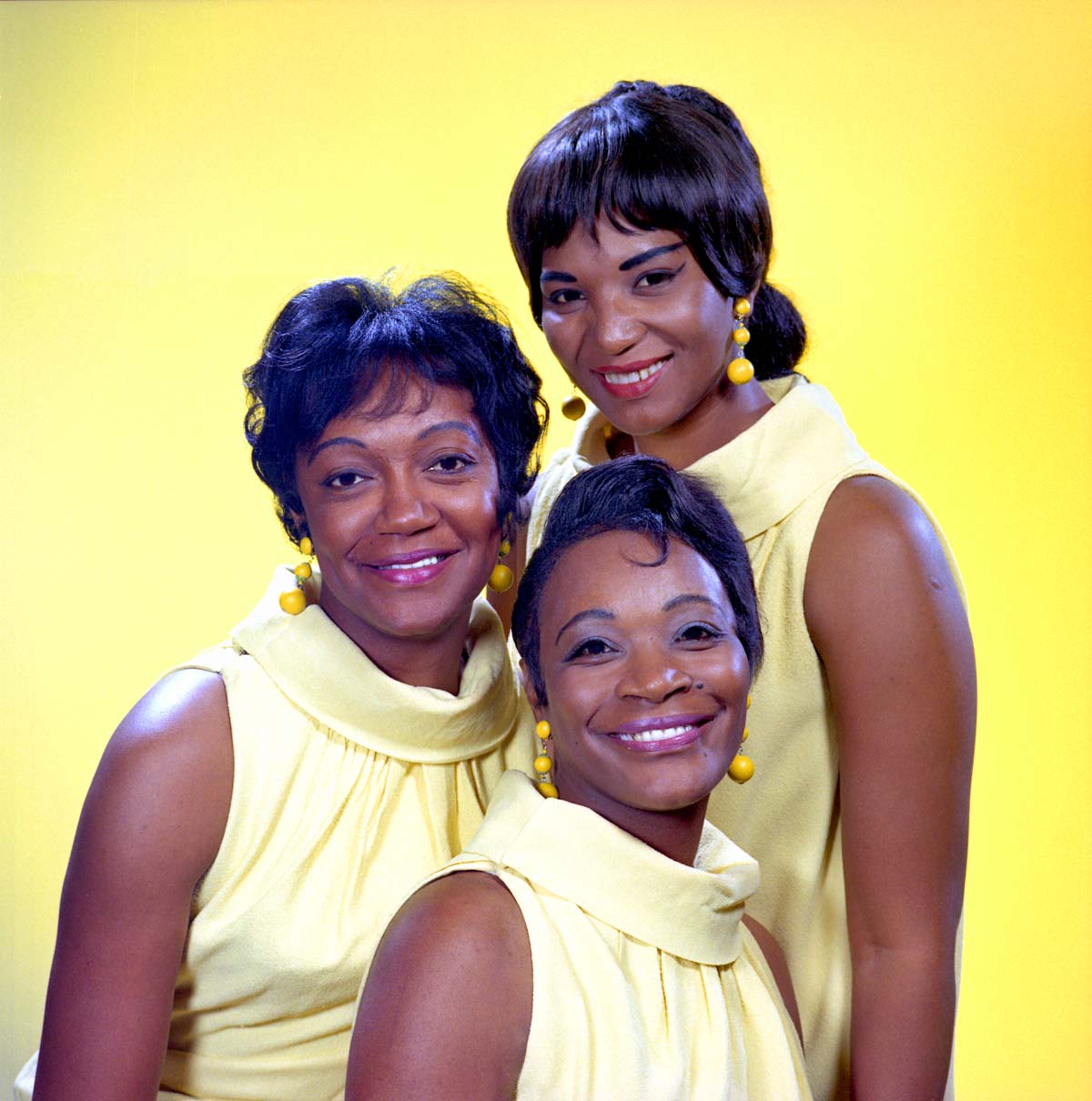
Jeanne & The Darlings
In its infancy, Satellite Records and the Stax Record Company that eventually would be established in its stead, looked to the African American youth of its neighboring communities in Memphis to incorporate a wave of eager teenaged and young-adult talents. Following the lead of soul powerhouses elsewhere in the United States, Stax opened its doors to a revolving door of congenial budding musicians with a penchant for vocal harmony and wide-eyed aspirations. Among them, groups such as The Astors, The Del-Rios, The Charmels, and Jeanne & The Darlings, found moderate success on the label, releasing mere handfuls of singles. Although they arrived prior to Stax’s period of hitmaking prowess, these groups served to shape the label’s further potential and helped to provide a foundation for the fortunes that would carry the company through the 1960s and into the next decade.
One of these early groups, a male ensemble known as The Duntinos, first attempted a career in the North. When the realities of winter in Buffalo, New York began to outweigh the harsh social and economic conditions of a Southern U.S., still yet to make its mark in the creation of so-called soul music, the young men returned. Settling back into Memphis, Curtis Johnson, Richard Cartheck, Sam Jones, Richard Harris, and Richard Griffin impressed Rufus Thomas enough that the entertainer and disc jockey vouched for their talent among his peers. The relationship led to regular work at nightclubs on Memphis’ Beale Street, as well as some studio work at the nearby Sun Studio, chiefly in sessions with the piano-playing dynamo Jerry Lee Lewis.
By their association with Rufus and his daughter Carla Thomas, The Duntinos captured the attention of Satellite Records engineer Chips Moman, who offered to develop the group’s original material. He also offered a new moniker for the group, effectively offering his namesake, prompting a release of their Satellite Records debut as The Chips. In 1961, the label issued the group’s only single performing under the name, “You Make Me Feel So Good,” backed with “As You Can See.” Before long, the label realized the debut resulted in some confusion in the marketplace, as a New York-based doo-wop group previously released a single as The Chips. To move forward, the newly minted Memphis Chips would have to change their name again.
And so, it soon would be The Astors who emerged with the same lineup, consisting of Johnson, Jones, Cartheck, Griffin and Harris, as the group continued providing backing vocals for a crop of Stax Records pioneers. Local guitarist Larry Lee wrote both sides of the group’s debut, their first branded with the Stax label, before his career would carry him into the graces of frequent collaborator Jimi Hendrix. Neither side, “What Can It Be?” nor “Just Enough to Hurt Me” left an impression. And even attempts to pair the group with the likes of Steve Cropper, Isaac Hayes, and David Porter took considerable time before eventually paying off any substantial return. On their second outing releasing a single written in tandem by Hayes and Cropper (their first, “Mystery Woman” failed to chart), the group hit with the rock-tinged “Candy” in 1965. The single reached No.12 on the R&B chart and No.63 on the pop chart.
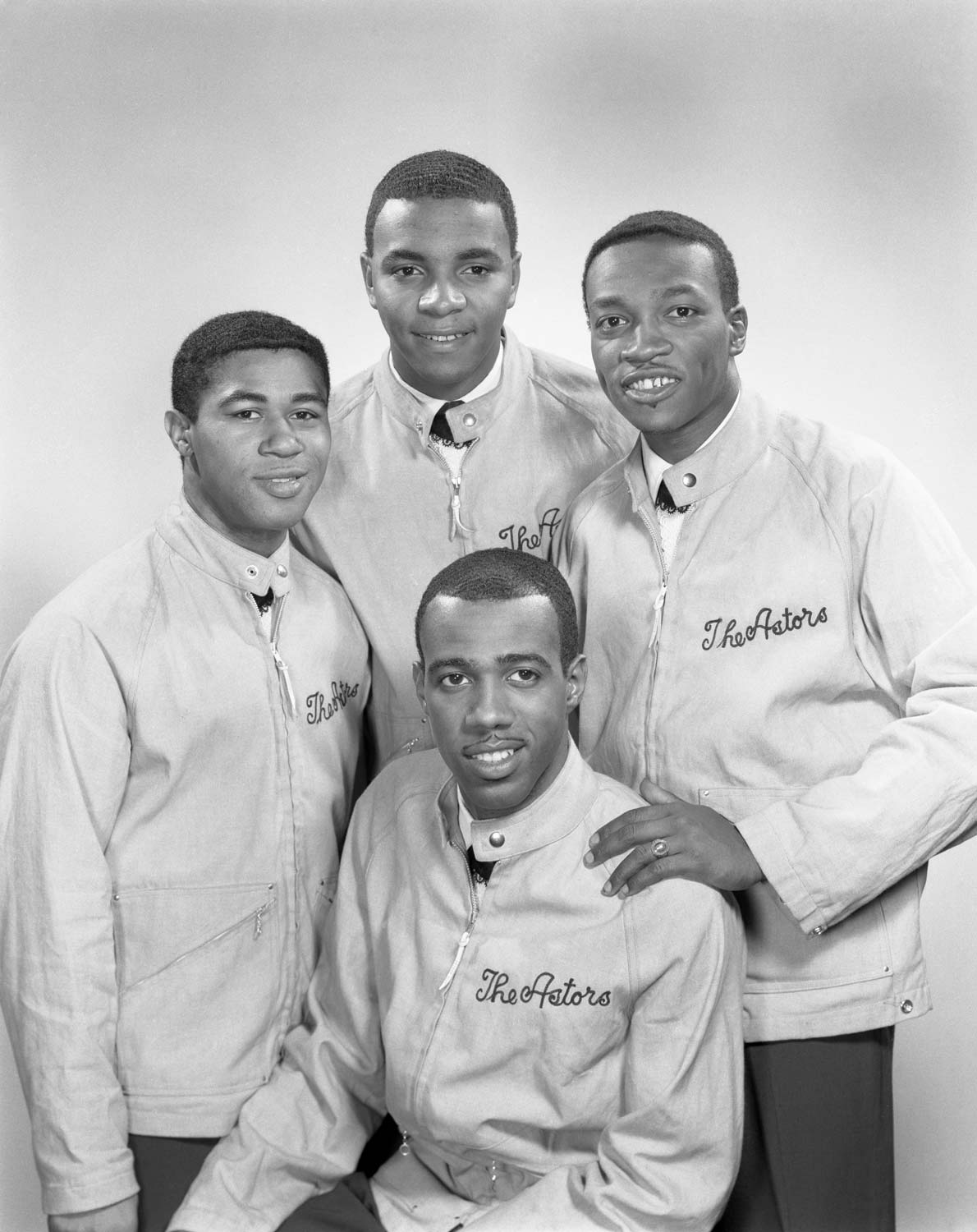
The Astors
The single stood as their first and final climb up the charts, as the band’s lineup underwent critical changes. Richard Harris and Curtis Johnson left on their own volition, while Eliehue Stanback and Sam Jones were drafted to join the military. Not unlike their early days of various name changes, The Astors, in spirit, would re-emerge in the 1970s as former members Curtis Johnson, along with his brother, Harold Johnson (himself a short-lived member in The Astors’ final days), founded Mercury Records’ The Brothers Unlimited band, as the label initiated an express interest in the funky residue left behind in Memphis once the area’s simmering soul had seen its better days. Reconnecting with Sam Jones, the three former Astors created Funk Factory Productions, a company they stood up to continue publishing, recording, and promoting events in the region.
Similarly The Astors, sisters Jeanne and Delores ‘Dee’ Dolphus, attempted a career in other cities before seeking out Stax Records. They beckoned for the attention of audiences in both Detroit and Chicago before landing in Memphis. There, The Dolphus Sisters became Jeanne & The Darlings, when their lineup grew to include Jeanne’s daughter Paula and a family friend Phefe Harris. Their uptempo debut, “How Can You Mistreat the One You Love,” scored Volt a minor hit, breaking through to the No.96 spot on the pop chart in 1967. Looking to capitalize on the success of Sam & Dave’s smash hit from that same year, “Soul Man,” the Darlings answered with a dud in the form of “Soul Girl.” Unfortunately, they’d never see chart success again, though they offered a string of singles on the label, resulting in an indefinite hiatus in 1970.
Mary Hunt, Mildred Pratcher, and Shirley Thomas originally recorded for Volt Records as The Tonettes, releasing two singles in 1962. Abandoning the soul scene, the trio traveled to Nashville to record in a honky tonk style for Sound Stage 7. Repackaged as The Dixiebelles, the group remarkably netted a No.9 pop hit in 1963 with their rendition of “(Down At) Papa Joe’s,” a ditty previously recorded by The Anita Kerr Singers. Then they’d do it again the following year, hitting No.15, with “Southtown, U.S.A.” After the release of an album on the label failed to maintain interests with country and rockabilly fans, Shirley Thomas took a leave from the group. Mary Hunt and Mildred Pratcher, instead, took another look at Memphis and Stax Records.
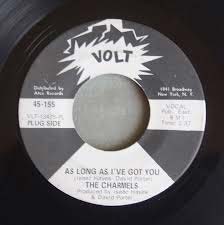
“As Long As I’ve Got You”
After adding Eula Jean Rivers and Barbara McCoy to the group, The Charmels were born. Charmed specifically by McCoy, songwriter Isaac Hayes went to work developing a repertoire to showcase her voice as lead singer. In the period between 1966 and 1968, none of the groups four singles garnered any success to speak of. Subsequently, the group disbanded as little more than a footnote in the larger arch of Stax’s vast array of stories. That is, until 1994 when The Charmels’ “As Long as I’ve Got You,” a 1967 Volt Records single written by Isaac Hayes and David Porter re-entered the public consciousness via unexpected means. New York City breakout hip-hop supergroup Wu-Tang Clan made liberal use of Hayes tinkering and sliding piano from the song’s opening measures and reworked the sample into their iconic hit “C.R.E.A.M. (Cash Rules Everything Around Me).” In the years since, The Charmels and “As Long as I’ve Got You” remain cemented as a triumph of the Memphis sound and a testament to its enduring influence on global music, regardless of genre.
by Jared Boyd
The Innovators: Stax Artist Spotlights ARCHIVE
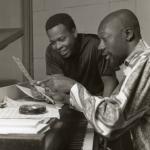
Stax Records — After 1975
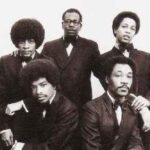
Ollie & The Nightingales

The Bar-Kays

24-Carat Black

The Temprees
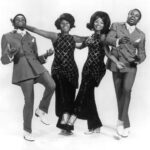
The Soul Children

The Mar-Keys

Delaney & Bonnie

Stax Groups – The Astors, Jeanne & The Darlings & the Charmels

The Mad Lads
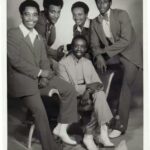
The Dramatics
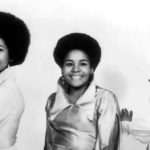
The Emotions

Johnnie Taylor

The Bar-Kays

Otis Redding

The Dramatics

RUFUS & CARLA THOMAS
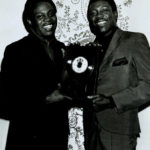
Sam & Dave

The Emotions


